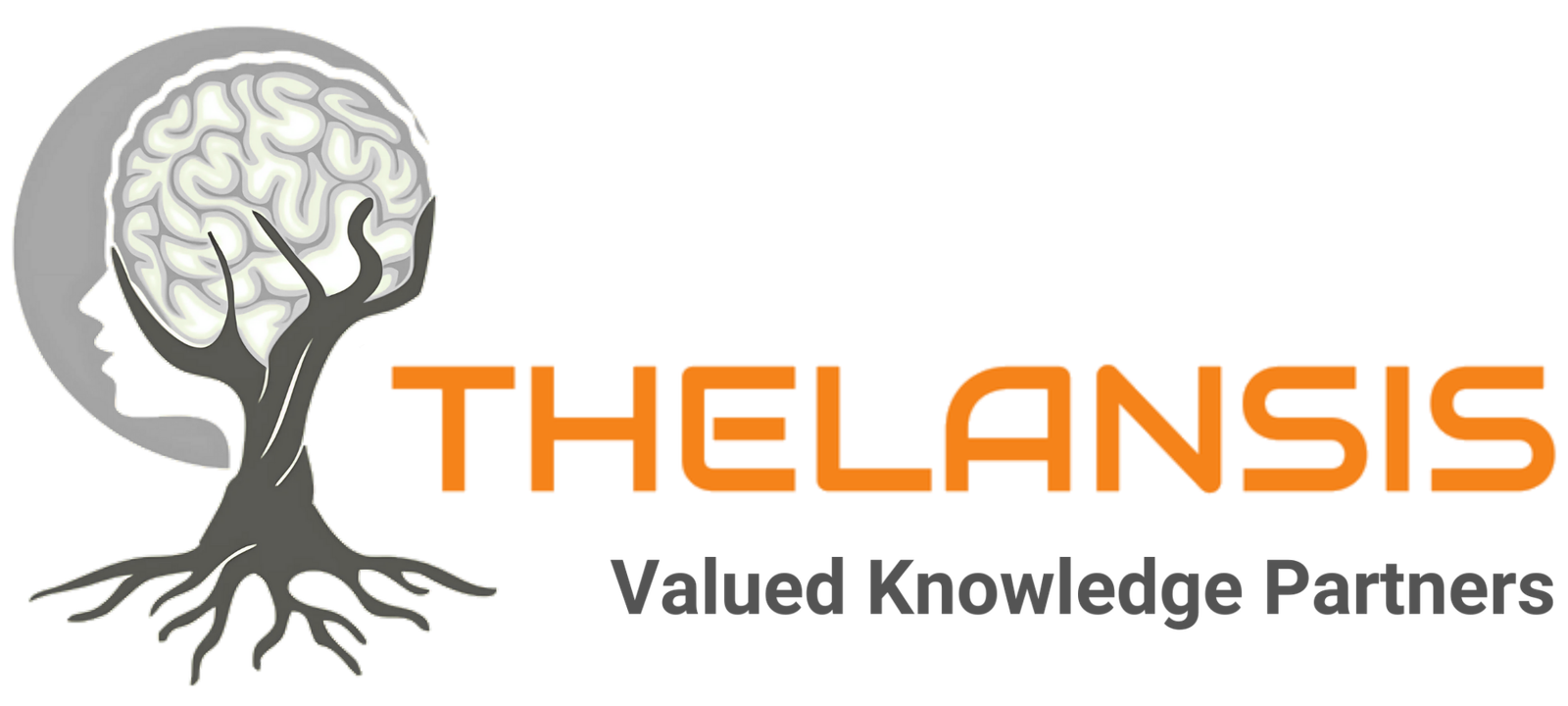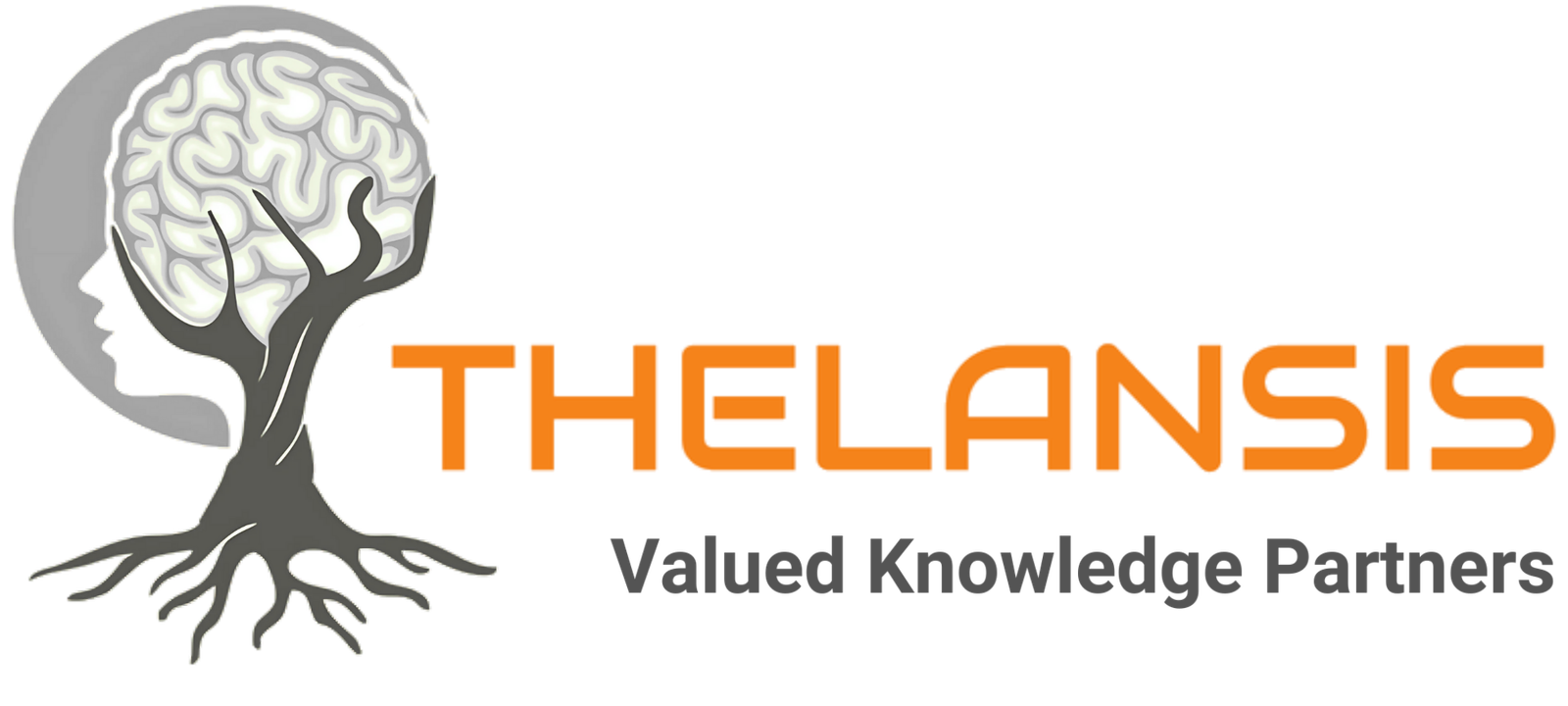
Oct 14 2024
/
Capricor Therapeutics Begins BLA Submission for Deramiocel to Treat DMD Cardiomyopathy
Capricor Therapeutics, a biotechnology company dedicated to developing transformative cell and exosome-based therapeutics for rare diseases, has announced the initiation of its rolling submission process with the U.S. Food and Drug Administration (FDA) for a Biologics License Application (BLA). This application seeks full approval for their therapy, deramiocel, aimed at treating patients diagnosed with Duchenne muscular dystrophy (DMD) cardiomyopathy. This significant step highlights Capricor Therapeutics’ commitment to addressing the unmet medical needs of those affected by DMD cardiomyopathy.
Publish Date: 09-10-2024 Source: Capricor Therapeutics
Duchenne muscular dystrophy (DMD) is a rare genetic disorder characterized by the progressive weakening and wasting of muscles, affecting skeletal, smooth, and cardiac muscle tissues. The underlying cause of muscle damage is the absence of the sarcolemmal protein dystrophin due to variations in the DMD gene located on Xp21.2. Symptoms of DMD typically manifest in early childhood, with affected boys often experiencing delayed walking, typically after 18 months, along with speech and developmental delays. Individuals with DMD may also face autism and behavioral issues, including ADHD, anxiety, and obsessive-compulsive disorder. Unfortunately, untreated children with DMD rarely achieve the ability to run or jump. The condition progresses rapidly, leading to a characteristic waddling gait and a positive Gowers sign. Climbing stairs becomes challenging, and frequent falls occur. Independent walking is typically lost between the ages of 6 and 13, with an average age of 9.5 in non-steroid treated cases. Once ambulation is lost, joint contractures and scoliosis develop rapidly, and untreated patients typically succumb to respiratory failure or cardiomyopathy in their late teens to early twenties. Diagnosis of DMD is suspected based on clinical presentation, family history, and laboratory findings, particularly elevated serum creatine kinase (CK) levels, often 100-200 times the normal range. Genetic testing is the definitive method and involves multiplex-ligation dependent probe amplification (MLPA) for detecting exon deletions and duplications and full gene sequencing to identify small deletions, duplications, non-sense mutations, or point mutations. Differential diagnoses include severe Becker muscular dystrophy and limb-girdle muscular dystrophy. The gold standard treatment for DMD involves corticosteroids such as prednisolone, prednisone, or deflazacort. These should be initiated early or when the child’s motor skills plateau, typically around 4-5 years of age. Despite advancements in management and treatment, DMD has a severe prognosis, significantly reducing life expectancy, with death occurring in the third to fifth decades of life.
- The global prevalence of DMD is estimated at 7.1 cases per 100,000 males and 2.8 cases per 100,000 in the general population. Additionally, the birth prevalence of DMD worldwide stands at 19.8 per 100,000 live male births.
However, the current Duchenne Muscular Dystrophy (DMD) treatment market share, market uptake, and attribute analysis concerning the most potential emerging therapies (Viltolarsen, Givinostat, RGX-202, Delandistrogene moxeparvovec, etc..) has been provided under the market outlook section of the study covering 8 MM countries; The United States, EU5 (Germany, Spain, France, Italy, UK) Japan and China.
In terms of pharmacologic therapies, several pharmaceutical products are being approved and under different phases of development for the Duchenne Muscular Dystrophy treatment. The key companies in the advanced development stage are NS Pharma, Inc., Italfarmaco, REGENXBIO Inc., Sarepta Therapeutics, Inc., etc..
Based on solid domain and business knowledge, Thelansis Knowledge Partners has published the market outlook forecast report on Duchenne Muscular Dystrophy (DMD) to provide a clear understanding of disease area background, epidemiology, current and future competitions, the country-specific standard of care, and the complete market forecast for 2023 to 2033.
Thelansis specializes in pharmaceutical market outlook and market forecast reports. We published reports across the therapeutic area, including rare / ultra-rare and mainstream indications. Over the period, we have built a robust repository of 6,000+ Bio-pharma reports that cover Epidemiology studies and Market forecasting based on the KOL opinions.
Competitive intelligence and track of trial results throughout the phases of development executed by a team of a mix of Scientific and Business backgrounds. As an organization, the primary focus is to provide real-world data evidence and market insight to pharmaceutical companies for their decision-making
- Delivery Office:
B-1030, C Wing Vrindavan tech village, Outer ring road
Bangalore- 560037
India+91(124)404-1731
clientsupport@thelansis.com - Sales office:
183 Asylum Street Hartford,
CT-06103, USA
Contact no. +1 (302) 380-3552
m.berg@thelansis.com
Related posts:
- BridgeBio Pharma announced FDA granted approval to Truseltiq for advanced Cholangiocarcinoma
- Alkermes Receives U.S. FDA Fast Track Designation for Nemvaleukin Alfa for the Treatment of Mucosal Melanoma
- FDA Gives Voxelotor Accelerated Approval for Kids with Sickle cell disease (SCD)
- FDA Grants Fast Track Designation for Reneo Pharma’s Mavodelpar (REN001) for LCHAD Deficiency Treatment

